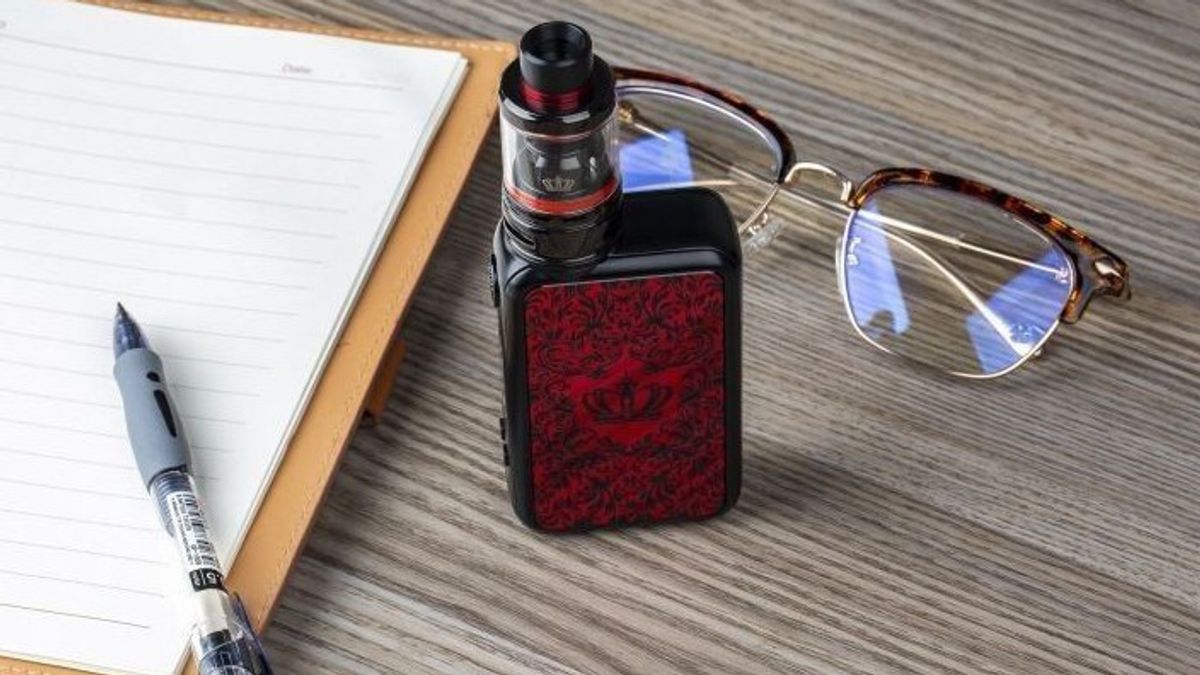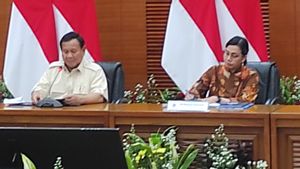JAKARTA - The alternative tobacco product industry has questioned the discourse on plain, brandless packaging policies contained in the Draft Regulation of the Minister of Health (RPMK).
The RPMK is about the Security of Tobacco Products and Electronic Cigarettes initiated by the Ministry of Health (Kemenkes).
This is considered contrary to Law Number 17 of 2023 concerning Health and Government Regulation (PP) 28 of 2024, which has a higher position than RPMK and does not provide a mandate for plain packaging.
Secretary General of the Indonesian Vaporezer Personal Association (APVI) Garindra Kartasasmita revealed that her party is worried that the implementation of a plain packaging policy without brand identity on alternative tobacco products will create new problems.
Including, increasing circulation and consumption of illegal products in the public. In fact, creating space for minors to reach these products is difficult for supervision in the field.
"The plain rules will only add new problems. The majority of G20 countries, developed countries, do not apply plain packaging for alternative tobacco products such as e-cigarettes. The country only applies writing warnings for alternative tobacco products," Garindra explained, quoted from Antara, Thursday, September 12.
He also asked the Ministry of Health to be wiser in seeing the emergence of potential new problems when the cigarette packaging rules are applied to alternative tobacco products.
In addition to the massive potential for the circulation of illegal products and reducing excise income, it can also lead to a higher prevalence of smoking in Indonesia.
"We should reflect on countries that have succeeded in supporting the transition to alternative tobacco products with lower risk, not even following countries that have not succeeded. We hope that the DPR RI as a stakeholder representing the people will also see this problem," said Garindra.
On a different occasion, Chairman of the Indonesian Vape Consumer Association (Akvindo) Paido Siahaan also criticized the discourse on plain packaging. The Ministry of Health should consider consumer rights to obtain complete and clear information about the products they use.
Eliminating brand elements (brand) and information on packaging reduces consumer ability to obtain product information so that they can decide on the right products. Thus, the draft rule violates consumer rights to get accurate information.
"If you look at consumers' perspectives and reduce hazards, the application of plain packaging rules without distinction between alternative tobacco products and cigarettes can be considered not to provide a fair opportunity for adult smokers to access lower-risk products," said Paido.
Agreeing with Garindra, he is also worried that the implementation of plain, brandless packaging policies will encourage consumers to switch to cheaper and easier-to-come illegal products.
The reason is, illegal products do not go through strict supervision like legal products and in the end, these problems can pose a greater health risk and add to the burden of law enforcement.
SEE ALSO:
"The policies taken must be balanced, taking into account public health goals while still protecting consumer rights and providing better choices for adult smokers," he said.
To note, the Ministry of Health targets the RPMK to be completed in the second week of September 2024 to pursue the target before the change of ministers.
The PMK allegedly contained plain brandless packaging provisions for alternative tobacco products with references from the Framework Convention on Tobacco Control (FCTC) that were not ratified by the Government of Indonesia.
The English, Chinese, Japanese, Arabic, and French versions are automatically generated by the AI. So there may still be inaccuracies in translating, please always see Indonesian as our main language. (system supported by DigitalSiber.id)
















